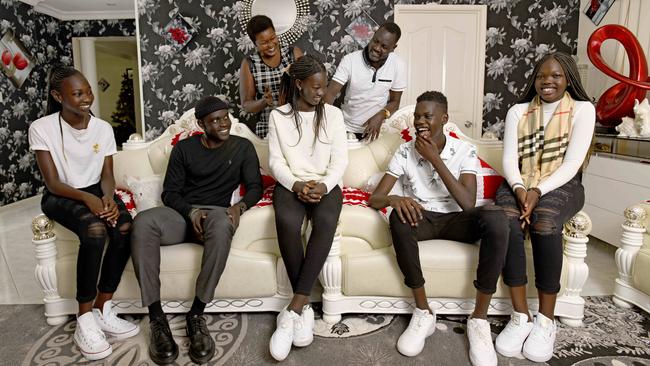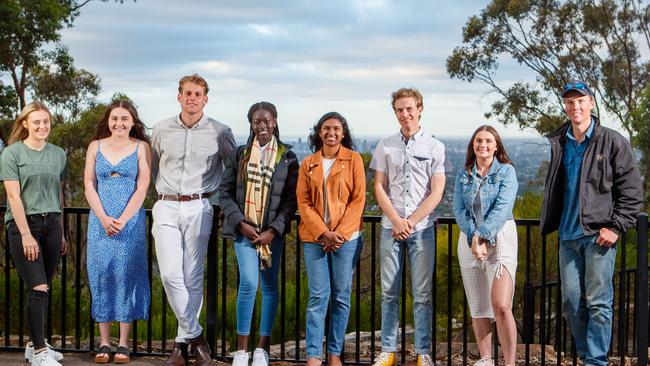COVID-19 will force more school-leavers to stay living in family home, experts predict
Parents will need to step up and support the school-leavers of 2020, many of whom will be looking to keep living in the family home for longer, experts say.

SA News
Don't miss out on the headlines from SA News. Followed categories will be added to My News.
School-leavers are more likely to remain living in the family home longer as they transition into adulthood in an economy crippled by COVID, psychologists and sociologists predict.
Flinders University Associate Professor Lydia Woodyatt says she expects teenagers will increasingly rely on the support base of parents.
“One of the groups which has been the most financially hit (by COVID) are the 18 to 25-year-olds,” Dr Woodyatt told SAWeekend magazine.
“What is really interesting is how that plays out moving forward, and how long that financial hit lasts, and how that impacts on things like jobs and the ability to support themselves.
“This is a real key for them (school-leavers) because they’re in a transition period where normally we would expect them to start to lean out of the support of home and lean towards getting more resources for themselves and building their own sense of identity and autonomy.
“And so I suspect what we’re going to see is them having to rely a lot more on that support base from home for longer.”
Dr Woodyatt, who researches at the intersection of social, clinical, and organisational psychology, said the trend had the potential to throw up equity issues between school-leavers who had access to a home support base and those who did not.

She said surveys suggested that people aged under-35 suffered more psychological distress, with symptoms such as anxiety, stress and depression, than those in older age brackets, and that older people were bouncing back faster from the distress caused by COVID.
School leavers were also at a heightened risk of psychological distress because mental illness usually strikes first when people are aged between 15 and 20.
“On the flip side, there’s a lot more conversations about mental health, in terms of resources,” Dr Woodyatt said.
“And this generation, more than any other generation, had that awareness building through their schooling. These kids are not ignorant to mental health and wellbeing.”
Sociologist Dan Woodman from Melbourne University says parents have a key role to play in helping their teenagers transition to adulthood, and the days of kicking children out of the family home as soon as they finish school are long gone.
“There’s always a fine line but from our study of tracking people’s transition data, it doesn’t hurt people if they stay at home for longer to be supported by their parents,” he says. “It’s not turning them into snowflakes, or anything like that.
“You’ve got to find the right balance but there’s enough challenges to navigate that having that kind of backup safety doesn’t seem to hurt people.
“So, to parents, I’d say give yourselves a pat on the back for making it through Year 12 but that transition into adulthood is not necessarily over at 18 anymore. Strap yourself in for a few years of playing that support role.”
Parafield Gardens 2020 school captain Awur Deng plans to continue living with her parents and nine siblings in their Salisbury Plain home while she completes a double degree in law and international relations at Adelaide University.
Awur, 18, is one of nine school leavers SAWeekend plans to follow for the next few years to examine the impact of COVID-19 as they embark on their adult lives.



